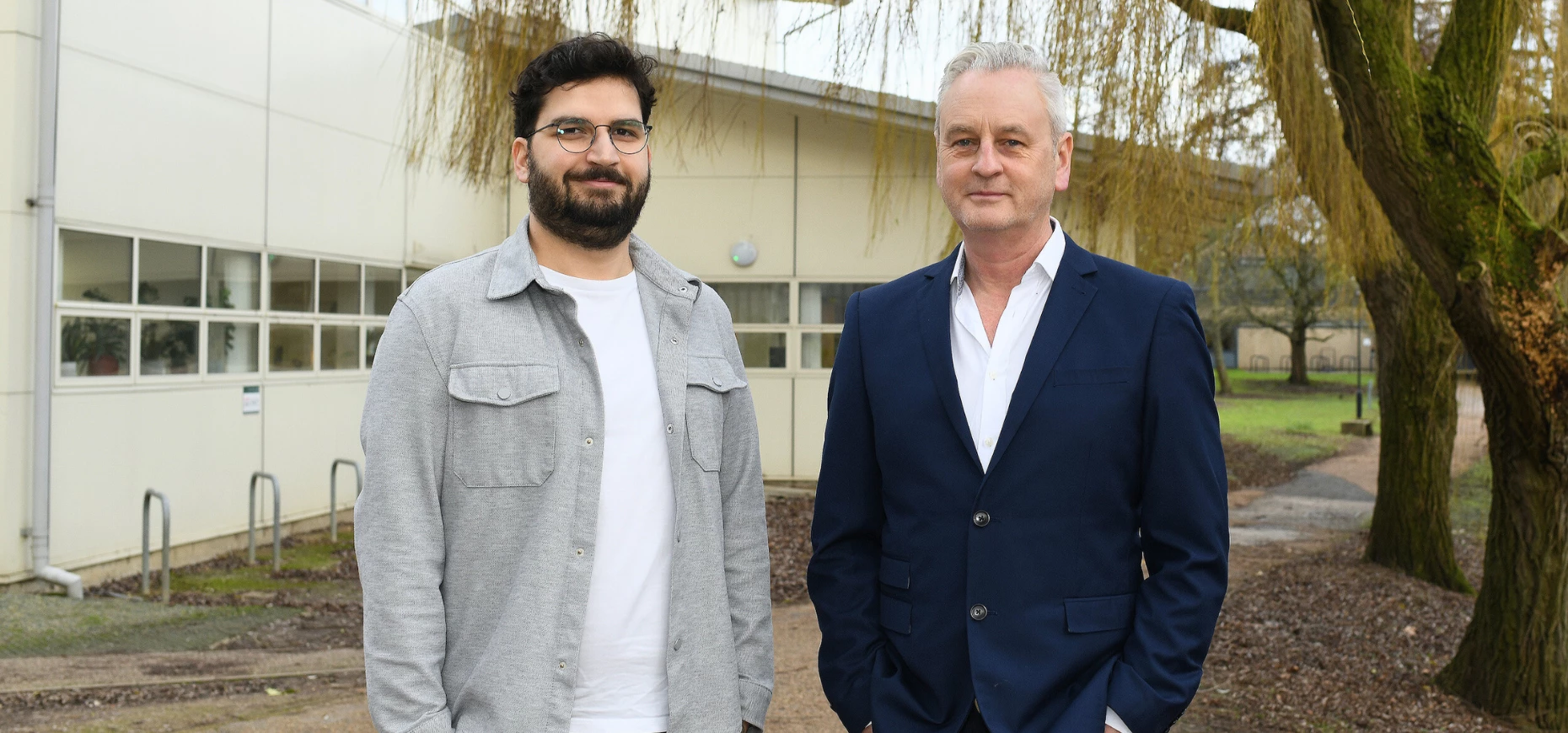
University of York spin-out creates new roles following seven-figure investment
Mesenbio, a University of York spin-out that is developing a novel treatment for arthritis created from engineered human stem cells, has raised £1.4m in an investment round co-led by DSW Ventures and NG Bio alongside grant funding from Innovate UK.
The treatment will initially target rheumatoid arthritis, an autoimmune disease that impacts nearly half a million adults and children in the UK alone, causing debilitating joint pain and inflammation of the hands, knees, elbows, ankles, and wrists.
Current therapies can ease pain and inflammation but, unlike Mesenbio’s therapies, lack the combined actions of reducing inflammation and protecting the tissue from further damage.
Mesenbio’s treatment is based on nano-sized messengers created from engineered human stem cells that not only curb inflammation but can kick-start the process of regenerating damaged tissue.
Mesenbio was founded by Professor Paul Genever and Dr David Kuntin and based on their work at the University of York’s Biomedical Research Institute. The funding will enable them to create three new roles, develop pilot manufacturing processes, carry out pre-clinical studies and prepare the regulatory dossier in readiness for clinical trials.
Professor Genever commented: “We have been developing this method of treatment for a decade now, with support from Versus Arthritis, and it has proved successful in laboratory tests, but the funding will allow us to move toward human clinical trials.
“Our research has focused on extracellular vesicles or EVs, which are nano-sized structures released from cells that have therapeutic properties.
“We have been able to engineer these structures from human stem cells to target its anti-inflammatory and tissue-regeneration capabilities, which is what you need to treat arthritis - the ability not only to take away the pain but also to repair the damage.”
Current uses of EVs rely on donor cells, but their effectiveness as a treatment can vary from patient to patient. Engineering human stem cells allows scientists to enhance the characteristics of EVs that are most significant to arthritis treatment and produce them at scale in the laboratory.
Dr David Kuntin, CEO of Mesenbio, added: “This method and its scalability makes it much more likely we can create a drug that can be administered via injection that can not only halt the damage to tissue, but repair tissue and return the immune system to homeostatic levels.
“We know this works in a laboratory setting and this new funding will allow us to get to human trials in a reasonable timescale, so that we can look to the future of what this new therapeutic might mean for clinicians and crucially patients of this debilitating condition.”
By Matthew Neville – Senior Correspondent, Bdaily
- Add me on LinkedIn and Twitter to keep up to date
- And follow Bdaily on Facebook, Twitter and LinkedIn
- Submit press releases to editor@bdaily.co.uk for consideration.
Looking to promote your product/service to SME businesses in your region? Find out how Bdaily can help →
Enjoy the read? Get Bdaily delivered.
Sign up to receive our popular Yorkshire & The Humber morning email for free.








 Raising the bar to boost North East growth
Raising the bar to boost North East growth
 Navigating the messy middle of business growth
Navigating the messy middle of business growth
 We must make it easier to hire young people
We must make it easier to hire young people
 Why community-based care is key to NHS' future
Why community-based care is key to NHS' future
 Culture, confidence and creativity in the North East
Culture, confidence and creativity in the North East
 Putting in the groundwork to boost skills
Putting in the groundwork to boost skills
 £100,000 milestone drives forward STEM work
£100,000 milestone drives forward STEM work
 Restoring confidence for the economic road ahead
Restoring confidence for the economic road ahead
 Ready to scale? Buy-and-build offers opportunity
Ready to scale? Buy-and-build offers opportunity
 When will our regional economy grow?
When will our regional economy grow?
 Creating a thriving North East construction sector
Creating a thriving North East construction sector
 Why investors are still backing the North East
Why investors are still backing the North East